As cannabis gains acceptance and legality, new research points to a concerning trend: the link between marijuana use and mental illness risks among young adults. Are the highs worth the lows? Let’s find out.
Is There A Link Between Marijuana Use And Mental Illness?
In the realm of psychiatric diagnoses, one fact has remained resoundingly clear for New York City psychiatrist, Dr. Ryan Sultan, according to NBC News of all the people he diagnosed with a psychotic disorder, was also positive for cannabis use.
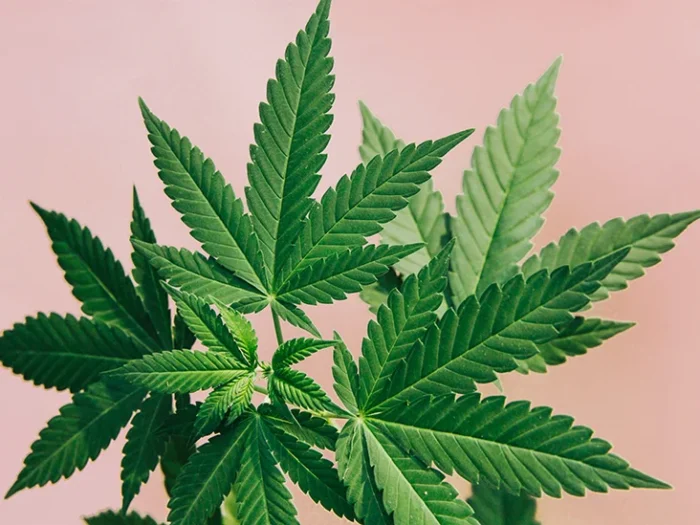
As an esteemed assistant professor of clinical psychiatry at Columbia Irving Medical Center, Dr. Sultan joins experts expressing deep apprehension over the surging prevalence of marijuana use by adolescents and young adults.
Furthermore, mounting evidence has unveiled an alarming link between marijuana and psychiatric disorders like depression, bipolar disorder, and schizophrenia, particularly among young men.
Related: 10 Ways Alcohol And Drugs Impact Your Health
Unveiling a disturbing reality, groundbreaking research published this month presents a compelling case that heavy usage of potent cannabis and the widespread legalization of recreational weed across numerous U.S. states may worsen the mental health crisis affecting young adults.
With THC concentrations skyrocketing, urgent concerns are raised as more individuals engage in harmful marijuana consumption.
In a collaboration between Danish and U.S. researchers, a study analyzing data from nearly 7 million Danish men and women discovered a significant association between cannabis use disorder and schizophrenia, particularly among young men aged 21-30, while also observed in women of the same age group.
The findings, published in the esteemed journal Psychological Medicine, unravel a troubling connection demanding further attention.
In a surprising revelation, study author Volkow was taken aback by the extent of the link between cannabis and schizophrenia in young men. “This is worrisome,” she said.
With recreational marijuana gaining legal status in 22 states and more on the horizon, the impact on young adults is under scrutiny. A surge in daily use and alarming correlations between cannabis and mental health issues have ignited a heated debate.
As scientists grapple with the cause-and-effect puzzle, the need for conclusive research and informed policy decisions becomes ever more urgent. Amidst growing concerns, experts emphasize the imperative of public education and effective interventions to address this complex issue.
Is the legalization of marijuana impacting rates of cannabis use?
As marijuana legalization spreads across the United States, its impact on cannabis use rates is a topic of concern. Initial findings suggest that young adults, aged 18-25, in states like Oregon and Washington, are embracing the newfound legality with increased cannabis consumption.
However, the picture is murkier for other age groups, necessitating further investigation into the complex relationship between legalization and usage patterns.
Dr. Volkow, a leading researcher, highlights the potential dangers of unregulated THC concentrations, which have skyrocketed from 2-3% in the past to a staggering 90% today.
Such potent doses raise the stakes, as higher levels of THC have been linked to an elevated risk of psychosis. In a world where alcohol and tobacco have limits, the absence of THC regulation poses a significant challenge, fueling concerns over public health and safety.
At What Age Are We Most Vulnerable To Cannabis?
As the age-old saying goes, “Patience is a virtue,” and when it comes to cannabis, it couldn’t be truer. Recent studies have revealed that the most vulnerable age group to the potential perils of marijuana is none other than adolescents and young adults.
Why, you ask? Well, it turns out that our brains take their sweet time to fully mature, with the finishing touches being applied in the mid-to-late 20s.
So, if you’re contemplating lighting up, experts advise holding off until the ripe age of 26 or beyond to minimize the risks of addiction and mental disorders.
Dr. Sharon Levy, a renowned pediatrician and addiction specialist, stresses that the greatest dangers lurk within the adolescent and young adult realm.
And if you have a family history of psychotic disorders, it’s a stern “no” to cannabis. Patience truly pays off when it comes to protecting our precious minds.
Related: 4 Harmful Impacts Of Substance Abuse On Adolescent Mental Health
So, what are your thoughts, is marijuana linked to depression? Share your thoughts in the comments below!
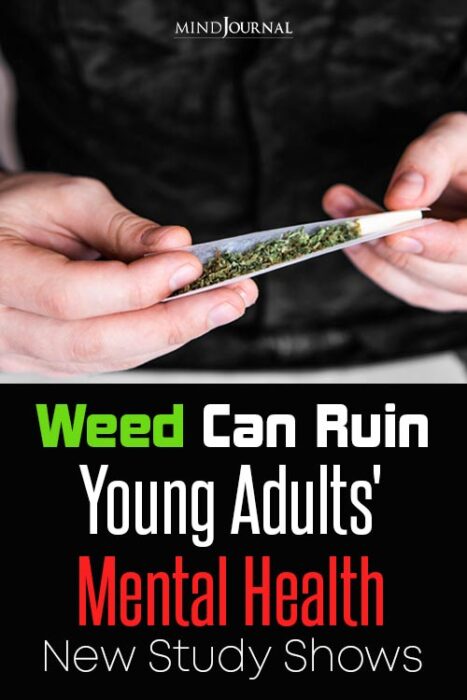
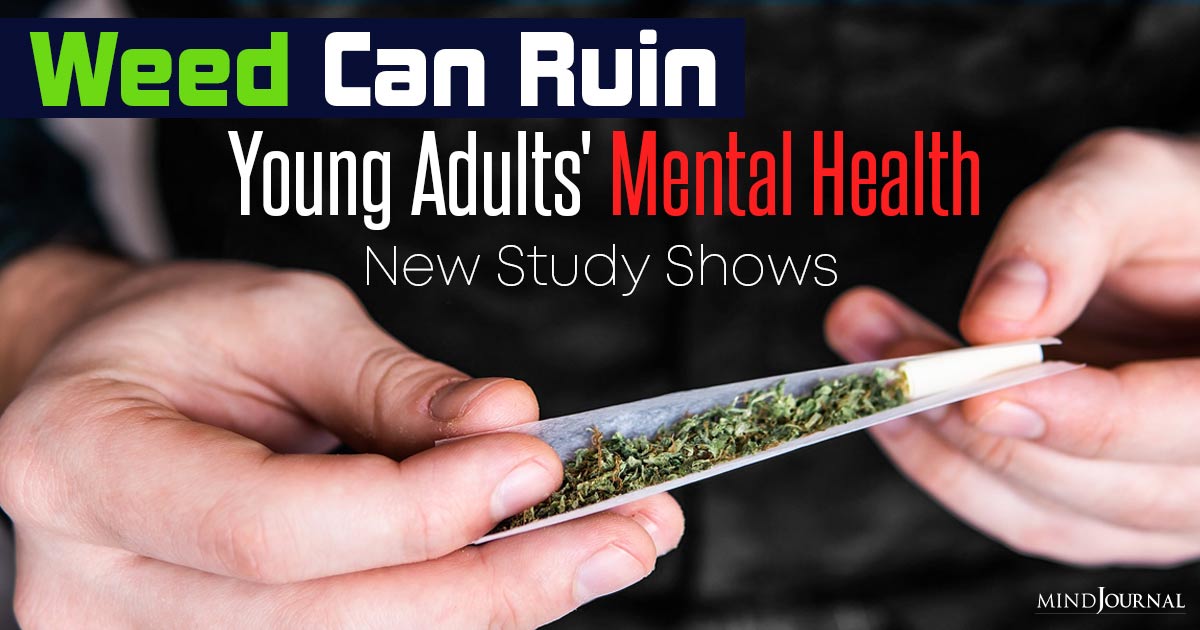

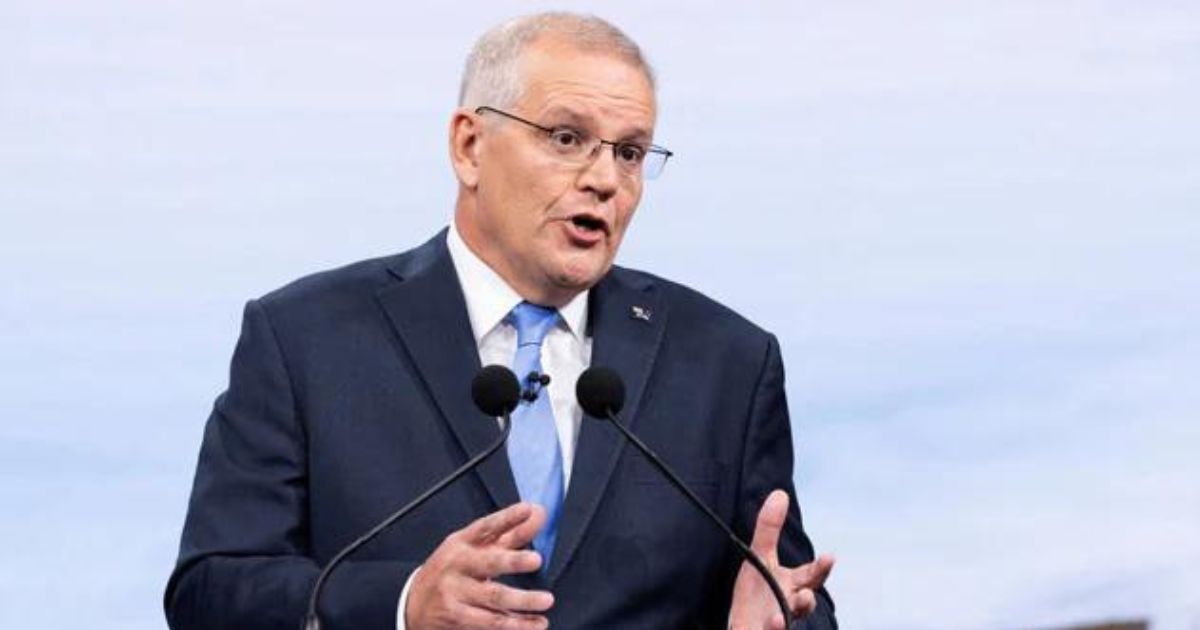


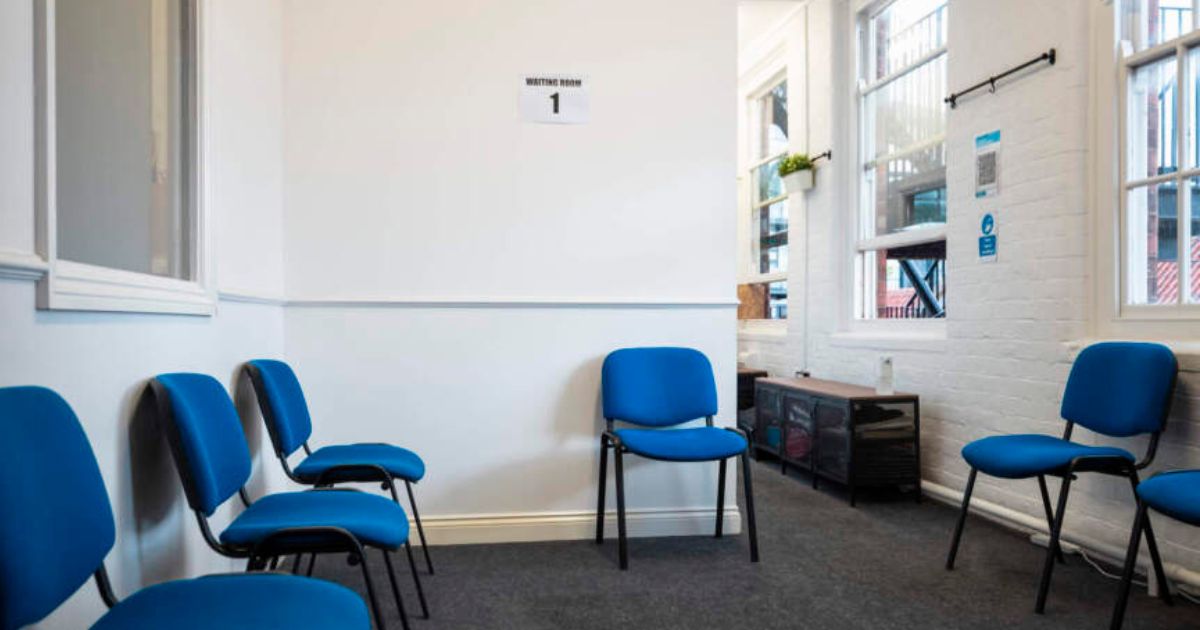

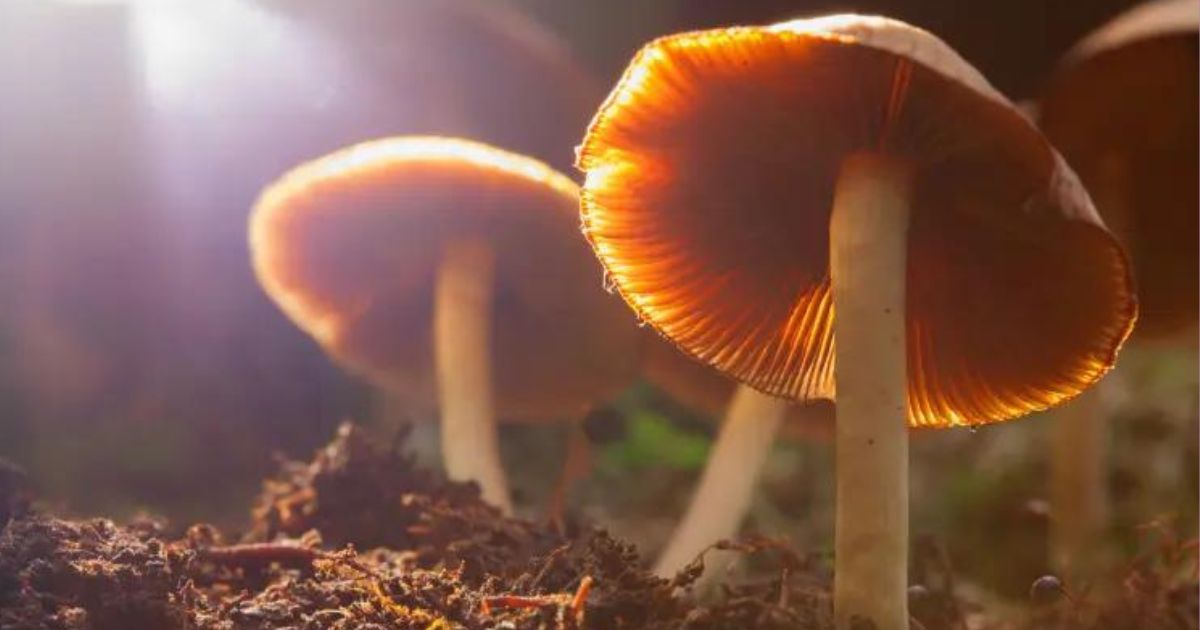
Leave a Reply
You must be logged in to post a comment.